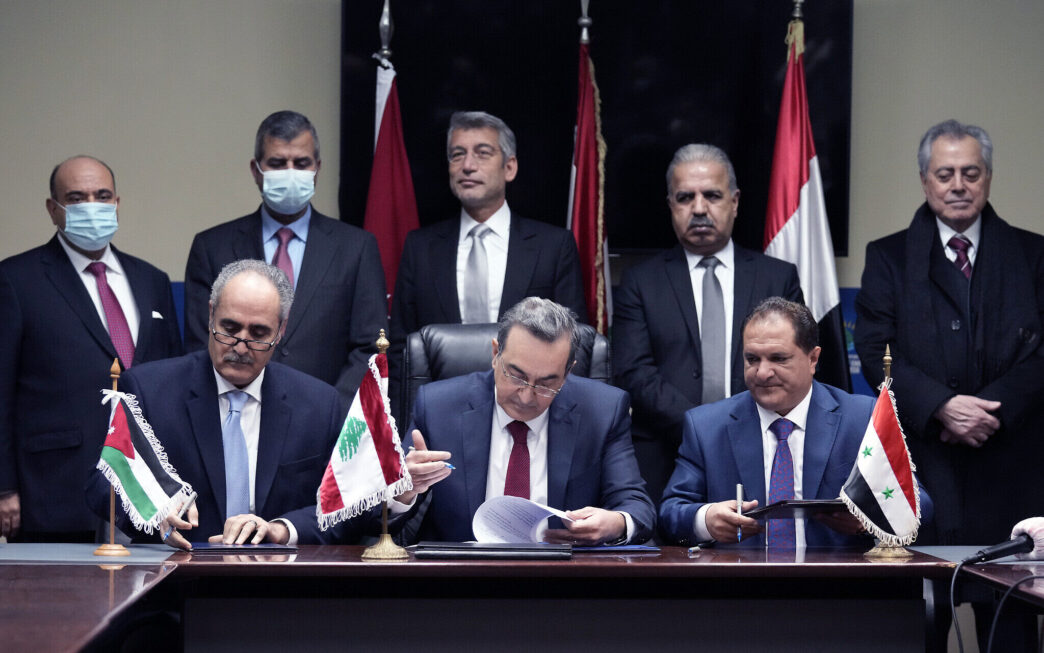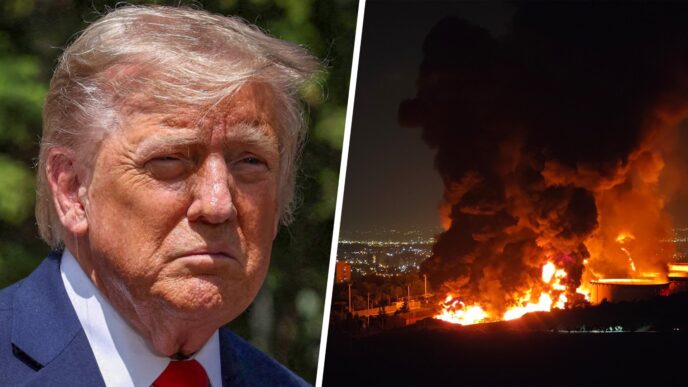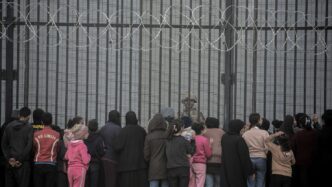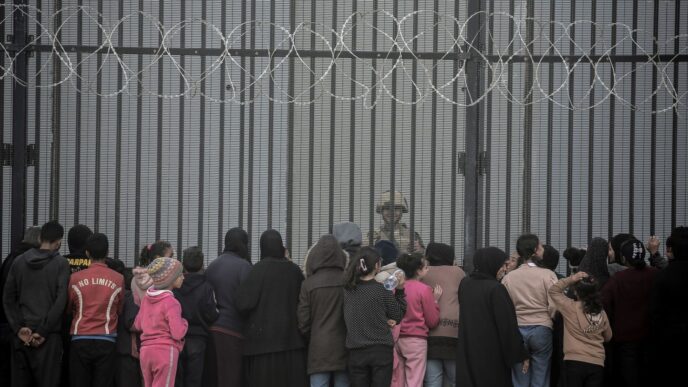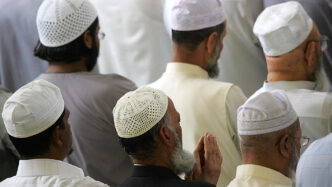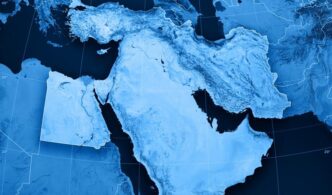As the conflict between Iran and Israel continues to escalate, its shockwaves are being felt across the broader Middle East—particularly in Syria, Lebanon, and Jordan, three nations geographically and politically tied to the region’s fragile balance. Each country faces a unique set of challenges as war and proxy dynamics intensify around them.
Syria: A Strategic Battleground Once Again
Already devastated by over a decade of civil war, Syria has once again become a frontline zone in the regional power struggle.
- Iranian military presence and proxy militias, such as Hezbollah and IRGC units, have increased activity in southern and eastern Syria.
- Israeli airstrikes targeting Iranian assets inside Syria have intensified, raising fears of escalation and civilian casualties.
- Russian and U.S. forces, still present in parts of Syria, risk being drawn into unwanted confrontations.
Syria’s already crippled infrastructure and economy are now under renewed strain. Millions of displaced Syrians face worsening humanitarian conditions, and any renewed violence could trigger another refugee wave into neighboring countries.
Lebanon: Hezbollah’s Role Puts the Whole Nation at Risk
Lebanon is perhaps the most vulnerable country in the current conflict. Hezbollah, Iran’s most powerful regional proxy, has actively launched rockets into northern Israel and is seen as a key actor in Iran’s military response.
- Israeli retaliatory strikes have targeted Hezbollah infrastructure in southern Lebanon and parts of Beirut.
- Civilian casualties and economic damage are rising.
- Lebanon’s fragile government, paralyzed by political deadlock and economic collapse, is unable to shield the country from the consequences.
With the Lebanese pound still in freefall and basic services deteriorating, the war threatens to plunge Lebanon deeper into economic and social chaos. If full-scale war breaks out between Hezbollah and Israel, Lebanon would likely bear the brunt of devastation.
Jordan: Balancing Diplomacy and National Security
Jordan, a key U.S. ally with peace treaties with both Israel and moderate ties with the Gulf, is walking a tightrope.
- Domestic unrest is rising as pro-Palestinian and anti-Israeli sentiment grows among Jordan’s majority Arab population.
- The government is under pressure to respond diplomatically while maintaining security cooperation with the West.
- Jordan’s military has reportedly increased its border security in the event of spillover violence or refugee influxes.
Amman is also worried about radicalization and the resurgence of militant groups exploiting the chaos. While not directly involved militarily, Jordan is one miscalculation away from becoming more entangled.
Final Thoughts
The Middle East conflict is no longer confined to Iran and Israel—it is dragging entire neighboring nations into its shadow. Syria is turning into a weapons transit zone and battleground, Lebanon stands on the edge of full collapse, and Jordan is trying to contain unrest and foreign pressures.
For all three, the longer the war continues, the more likely they will face deeper instability, economic hardship, and direct military consequences. The region’s most vulnerable states are again being pushed toward the edge by conflicts beyond their control.



